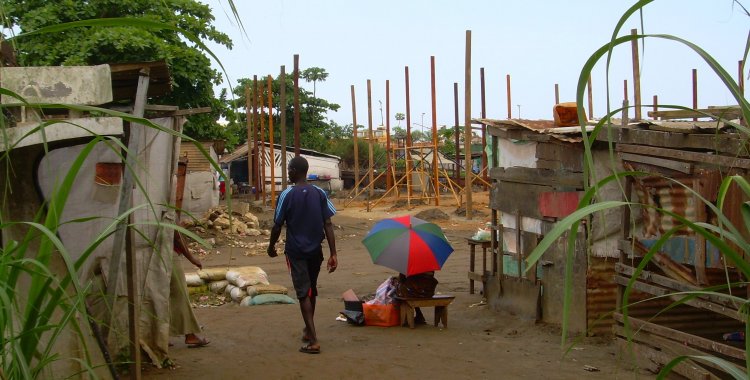In the communiqué, which marks the 60th anniversary of the creation of FLEC, that separatist organization of the Angolan enclave in the Democratic Republic of Congo and Republic of Congo, stresses that "it never refused to dialogue, but it always refused to submit as demanded by Angola".
"The Political Directorate of FLEC-FAC reaffirms that it is available to negotiate immediately with the occupier. It also reaffirms the imperative need for a referendum in Cabinda to give the people the legitimate right to affirm the future they want", the statement highlights. signed by Jean Claude Nzita, spokesman for the organization.
FLEC announced that it started this Wednesday, and until Friday, in Ponta Negra, Republic of Congo, the commemoration of the 60th anniversary of its creation.
In the appeal to political leaders and activists in Cabinda, FLEC urges them to "overcome their differences and form a united front, in which each one maintains his independence and political freedom, which will allow for the synchronization and coordination of political, social and militaries that force Angola to negotiate".
"FLEC-FAC remains firm in its legitimate struggle to give the people of Cabinda freedom to decide their future and to be able to reject being the last African nation to decolonize", the note stresses, recalling that since its creation it has fought "against the Portuguese colonial presence", and accuses Portugal of, following Angola's independence in 1975, "never respected the commitments established with the cabindese nation".
"In 1975 Portugal betrayed Cabinda by offering its territory to Angola and Cuba, which occupied our territory through repression, humiliation and blood", continues the statement.
FLEC has been fighting for several years for the independence of the territory, from which most of the oil comes, claiming that the enclave was a Portuguese protectorate - as established in the Treaty of Simulambuco, signed in 1885 - and not an integral part of the national territory. .
The Government normally refuses to recognize the existence of dead soldiers as a result of guerrilla actions by the independentists, or any situation of instability in that province in the north of Angola, always emphasizing the unity of the territory.







